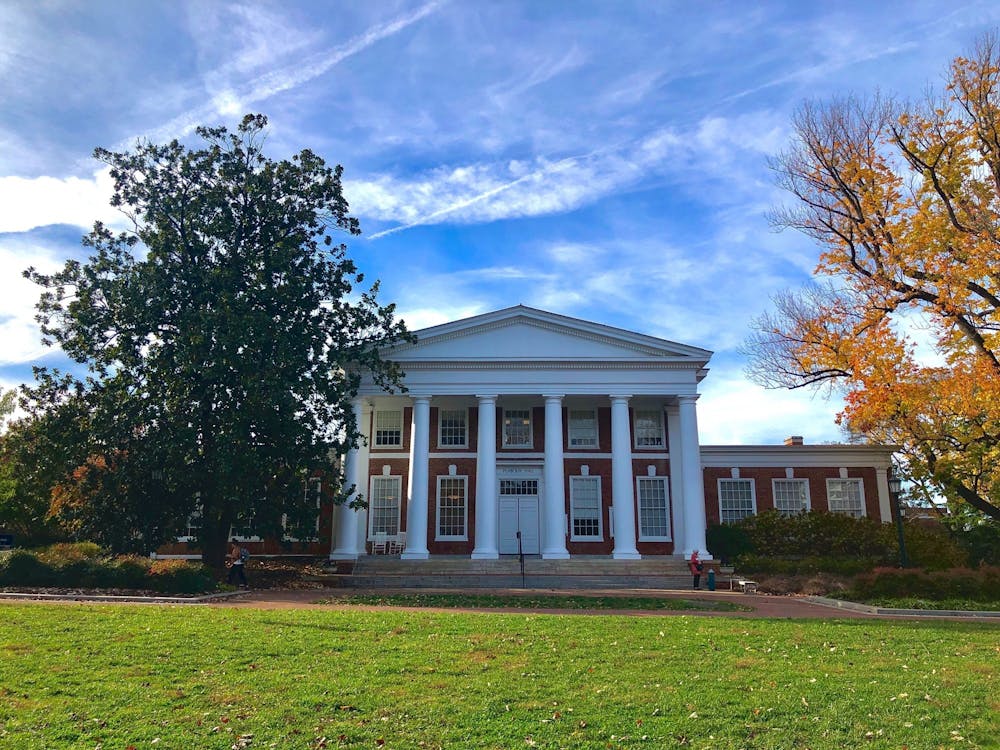Today the Board of Visitors will continue the process of developing long-term priorities for the University, taking into account the opportunities afforded by greater autonomy under the Higher Education Restructuring Act and the upcoming $3 billion Capital Campaign, when the Special Committee on Planning meets for the third time.
The Committee will first seek to identify the measures by which state agencies will assess the University as a public, but financially more autonomous, institution, according to the meeting agenda. These state objectives will be a significant factor in developing campaign priorities, a task the Committee continues tomorrow.
Administrators have prepared an analysis of the University's comparative strengths and weaknesses going into the Capital Campaign. That preliminary analysis cites strengths such as the wide variety of student organizations available and Jeffersonian history, as well as highly-ranked professional programs and humanities departments. Perceived weaknesses include a lack of racial and gender diversity on the faculty, a lack of adequate graduate student support and class size.
Some faculty members feel the Board has significant obstacles ahead as it seeks to attain higher stature, particularly in science programs.
"We have a lot of room for improvement in the sciences," Physics Prof. Michael Fowler said.
An example Fowler discussed was the recommendation of the Physics Department to hire a Nobel Prize-winning professor from Germany, at a projected cost of approximately $10 million.
The Board "is underestimating how much it'll take to make this a top-ranked place in the sciences," Fowler said.
Fowler also discussed the importance of national rankings, such as those of U.S. News & World Report, especially in attracting graduate students to the University.
"I'm not sure [rankings] are that reliable," Fowler said, but added that they are, nonetheless, important for attracting high quality students.
"I'm optimistic," Fowler said. "I think this will happen. This is a very important part of our future."
Students share some of the administration's perceptions. College fourth-year Tom Gibson, a former Student Council representative, commented on the undergraduate experience.
"I like how it's a large school but you have a small school feel," Gibson said.
In addition, he praised the assets of the University's faculty and strong reputation.
"It's easy to interact with professors," Gibson said. "It's a great school. U.Va. has a great reputation."
However, Gibson said it is sometimes difficult for students to get involved in activities, while the administration's analysis cited a wide variety of student organizations as a strength.
"It almost seems like everything's an application or everything's a try-out," Gibson said.
Gibson gave the example of Alternative Spring Break, a service program that students must apply to in order to participate.
Committee members will further expand on the analysis at tomorrow's meeting, as the Board seeks to develop a campaign platform of priorities that will be strong enough externally to attract the donations necessary to reach the $3 billion goal.
The Board's agenda was changed yesterday to include a longer closed executive session. Board Secretary Alexander Gilliam said the changes were made to allow the Board to discuss private matters including personnel actions related to the Capital Campaign.





